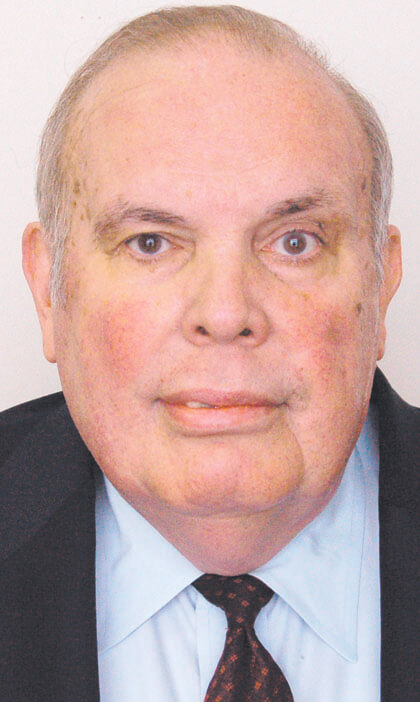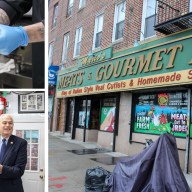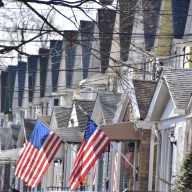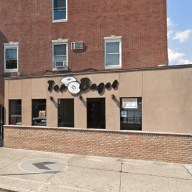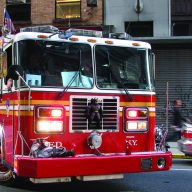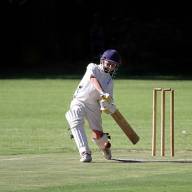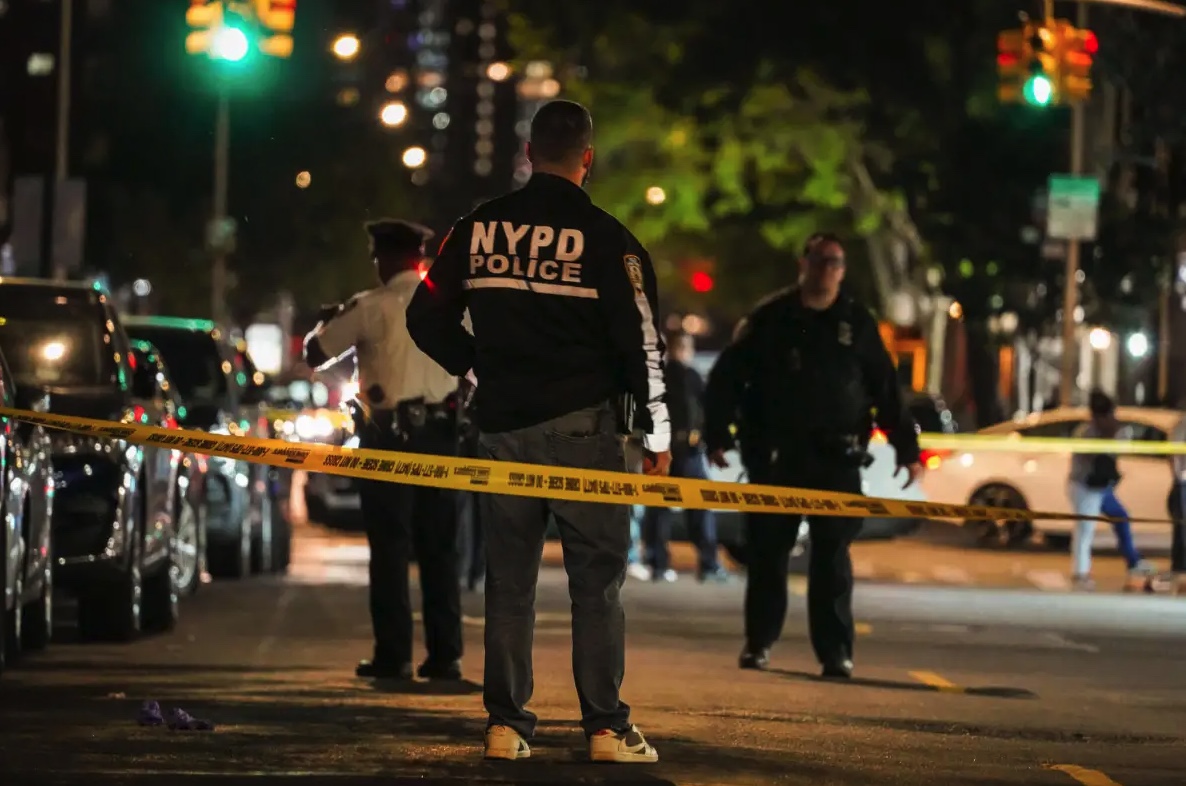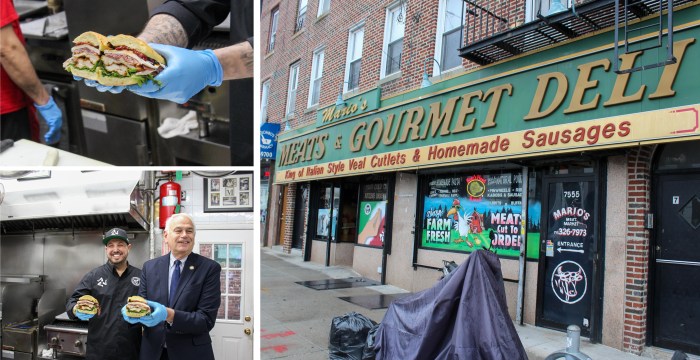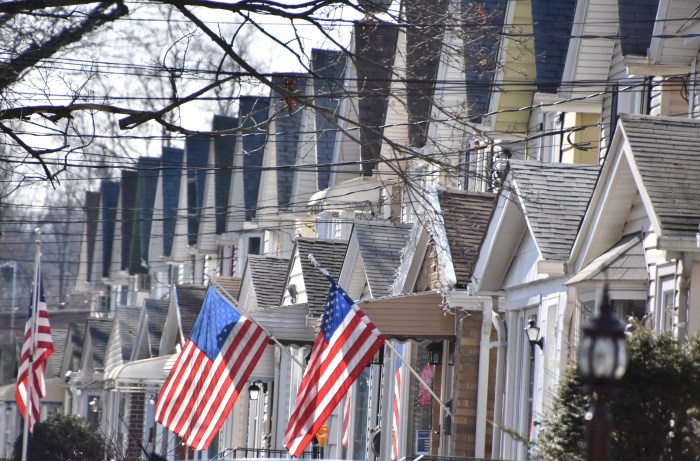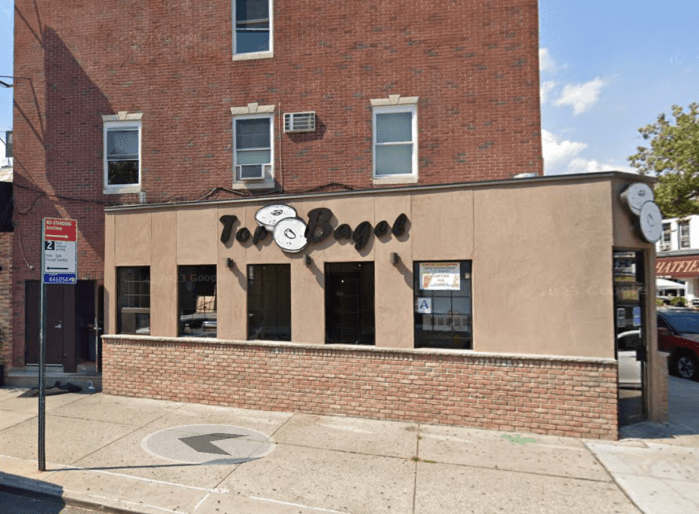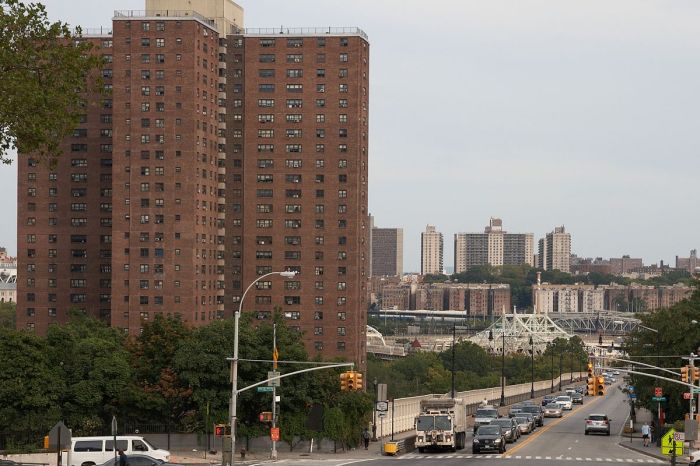By William Lewis
The Queens Village Republican Club put together a huge testimonial dinner in honor of former state Sen. Frank Padavan. This shows that it is the political club that is instrumental in helping to keep the political party in operation at the grassroots level.
Most radio and television talk shows, when they discuss political parties, usually refer to the senior legislative leaders in the U.S. Senate and the U.S. House of Representatives. They sometimes refer to leaders in the various state legislatures. Rarely do they mention what is happening at the local level in county and club political organizations. That is also true in citywide newspapers. They primarily focus on what is happening in the executive and legislative branches of government.
Political clubs, however, form much of the backbone of political parties in terms of providing people with the opportunity to circulate petitions to get candidates on the ballot and to attract campaign workers to help those running for office in the primary or general elections. Political candidates sometimes depend on volunteers from clubs to assist in working phone banks, distributing campaign literature at shopping centers, putting together mailings and generally helping in whatever needs to be done to achieve a winning campaign.
Political clubs are not recognized as legal entities by state election law in the sense that state and county committees are. Clubs usually meet on a monthly basis and have guest speakers and group discussions regarding various political issues. They also have club fund-raising activities in addition to supporting county and candidates’ fund-raising efforts.
Many individuals who want to become active in politics begin by joining clubs. Many staff members of elected office holders are club members and become club officers. Some clubs have been in operation for a long period of time. The Queens Village Republican Club, for instance, dates back to 1875.
Since almost all the Queens elected offices at this time are held by Democrats — including all congressional, state Senate and state Assembly seats — when Democratic club members work in political campaigns, they are usually working for incumbent office holders. For the most part, Republican club members who join political campaigns are usually working for candidates who are challenging office holders. After the loss of Padavan’s seat in November, the Queens Republican Party holds three City Council seats, gained in 2009.
It is also the case that in districts where there is no election contest that campaign workers can assist in campaigns outside their districts. One major example of this happening occurred in 1998, when then-Democratic Assemblywoman Ann-Margaret Carrozza, running for re-election in northeast Queens, received a significant amount of support from clubs in western Queens.
Democratic clubs in Queens are usually much larger than Queens Republican clubs, since their party registration is much higher. Therefore, they are able to put more volunteers into the field during election campaigns.
It can be said that the political club is an important element in the political party organizational structure and will continue to be so. At the personal level, people who are looking to join an organization that has members of like-minded political views and of similar backgrounds will often join a political club.
In other news, Mayor Michael Bloomberg has not been doing well in the polls lately. His most recent publicity stunt, which had him dressing up as Spider-Man at the annual Inner Circle show and project himself as that character, is not going to help his poll ratings. The least the people of our city expect from the mayor is that he conduct himself with dignity. His time would be better served by his dealing with our city’s high unemployment rate and maintaining efficient services in all city departments.
It is not too much to expect elected officials in high executive office to conduct themselves according to public standards of conduct and serve as an example for young people.

